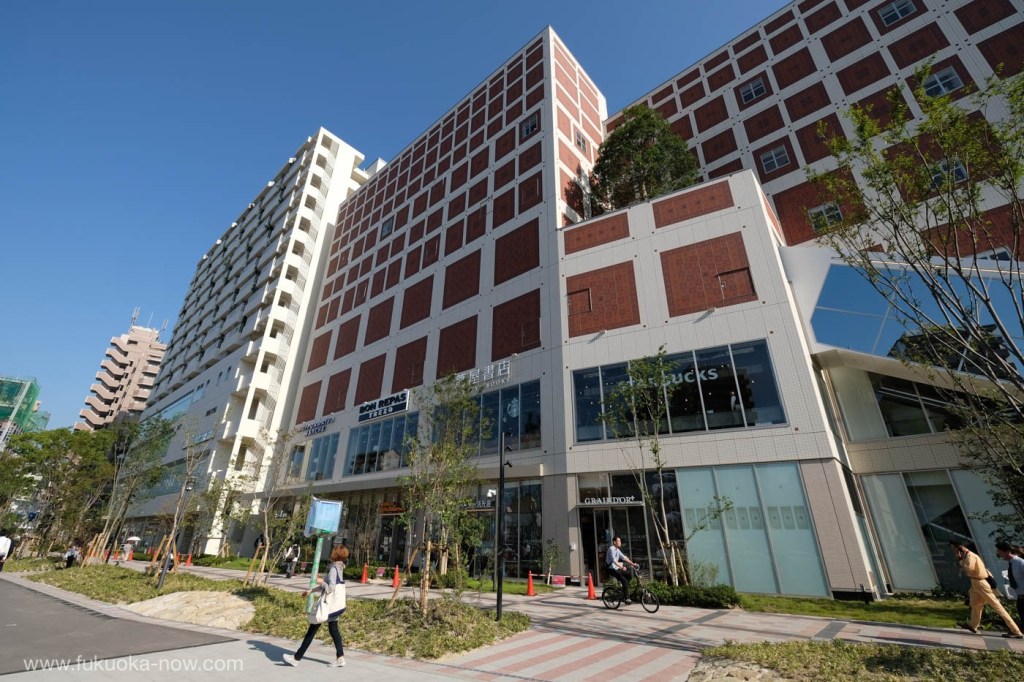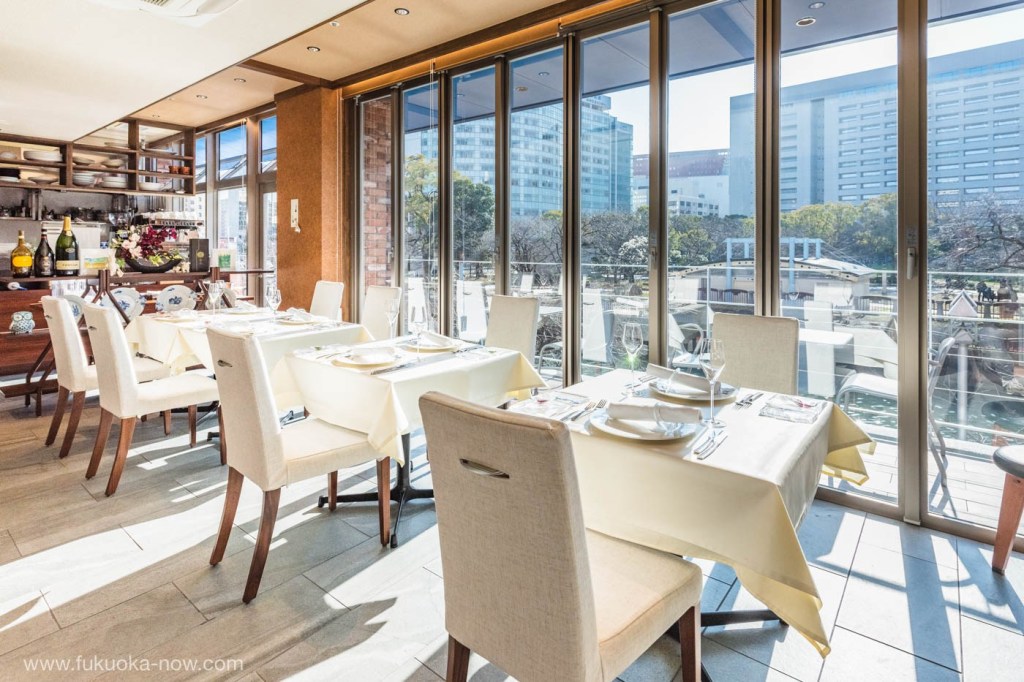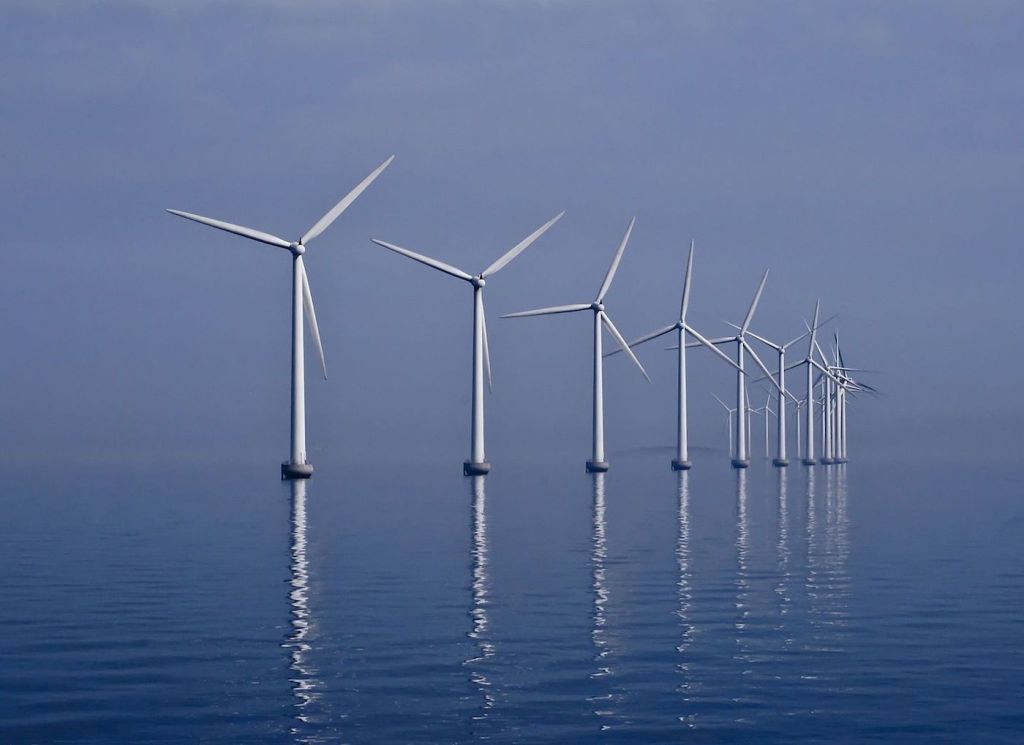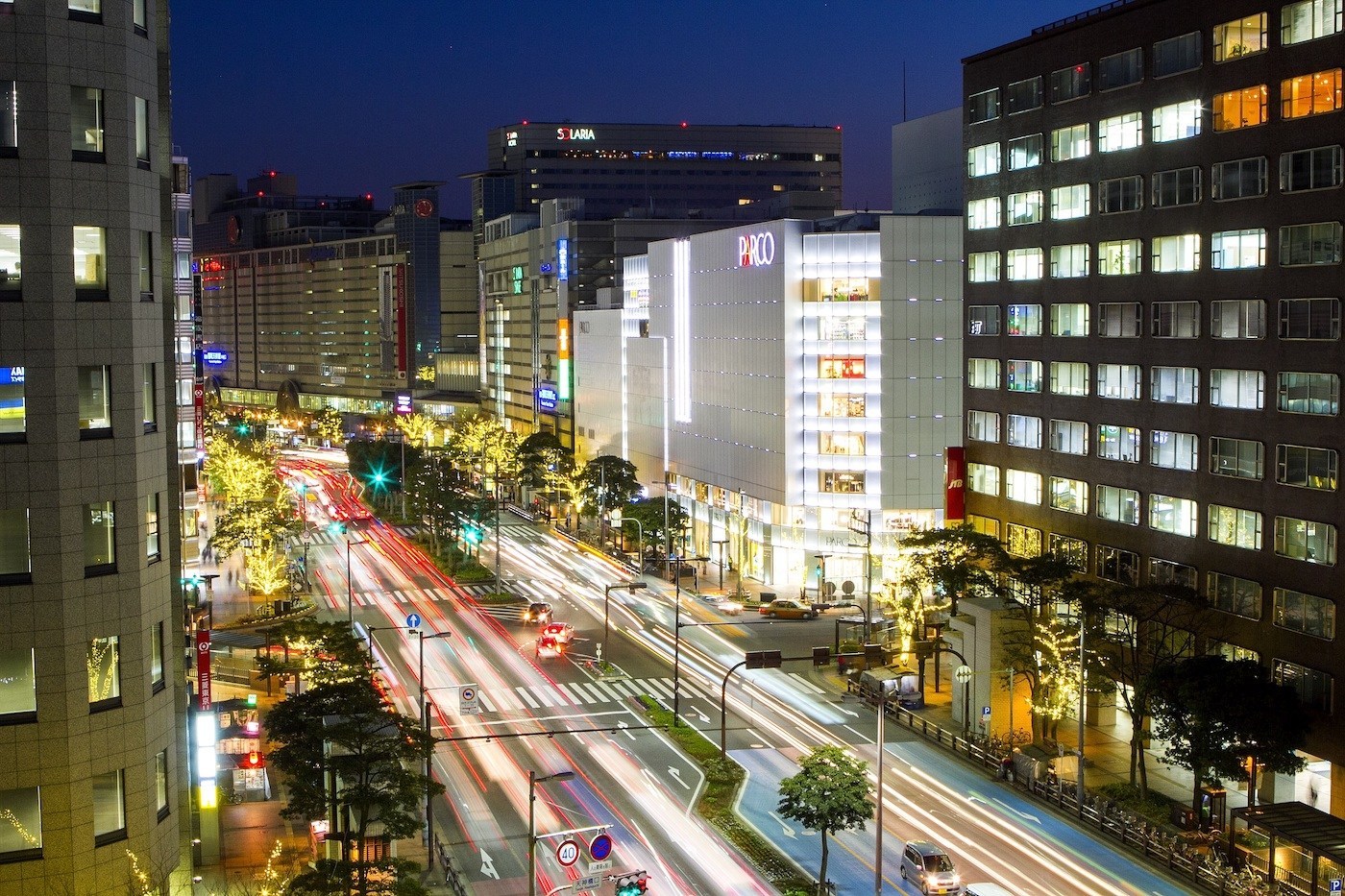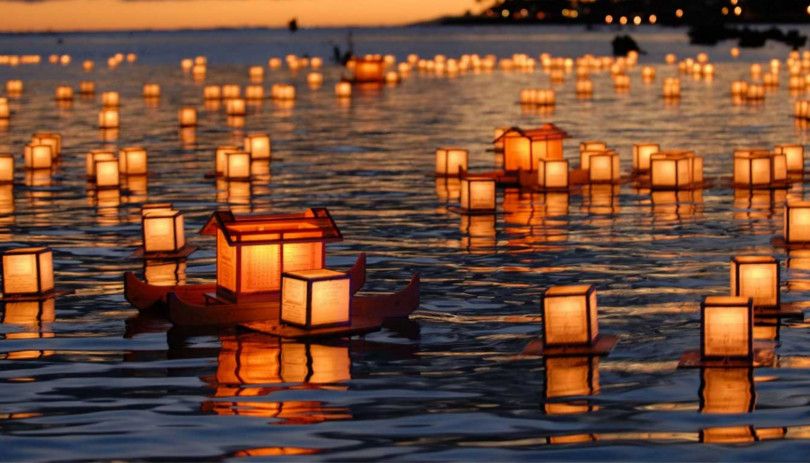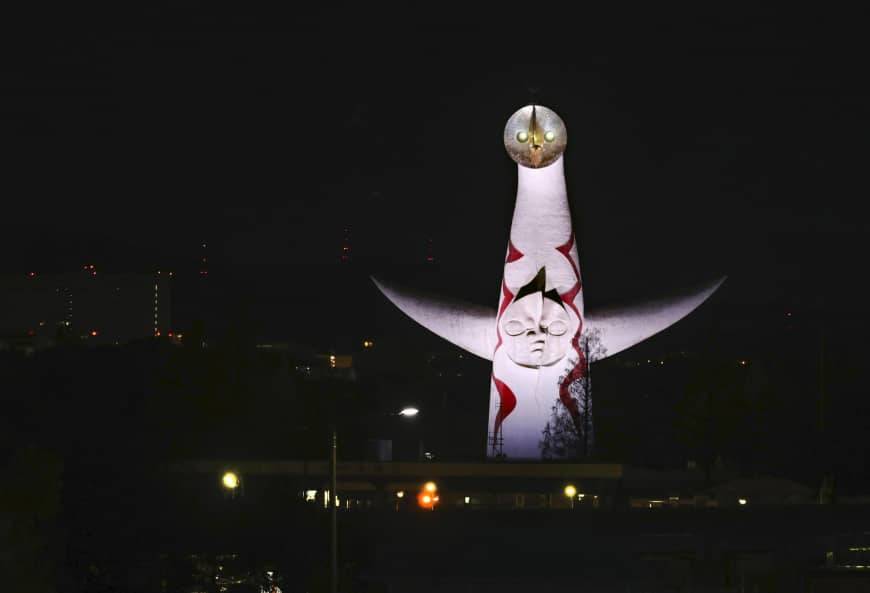
Pandemic forces organizers to mull options for 2025 Osaka Expo Posted On 15-10-2020
Osaka, JapanOSAKA – Later this month, the Paris-based Bureau of International Expositions is expected to announce the postponement of this year’s World Expo in Dubai due to the coronavirus. Originally slated to run from October to April, the new dates will likely be October 2021 to March 2022.
The postponement will also affect Japan. A 2022 finish in Dubai means just three years until Osaka-Kansai/Japan Expo 2025. World Expos are held once every five years to give everyone ample time to prepare. Given the uncertainties over the coronavirus pandemic and the logistical and financial realities of hosting an Expo, Osaka, Kansai and national leaders may soon have to discuss options.
First up, of course, is the “Full Speed Ahead” option: The 2025 Expo takes place exactly as planned. But this looks very risky now because it assumes: 1) the crisis will soon end; 2) there won’t be new waves of infections between now and 2025 that create worldwide shutdowns; 3) that a vaccine will be administered globally by then; 4) that despite virus-related economic damage, most governments will commit to big exhibits in 2025; and 5) that, despite economic concerns in Japan about the virus and the postponed Tokyo Olympics, Kansai and national government and business leaders will honor their pre-pandemic promises of funding for the expo over the next few years.
Next is the “It’s a Small World” option. This means a 2025 Expo with fewer pavilions, events and visitors. On the plus side, a smaller Expo would be less expensive. Nations and businesses recovering from the coronavirus damage that might balk at forking out large sums of money for the current plan might be less opposed to investing in a “mini-Expo.”
Third is the “2026″ option — a one-year postponement. This assumes the Dubai Expo will not face another delay and gives Japan, and the world, another year to recover and prepare economically. Of course, it also assumes the coronavirus is no longer a threat. Yet it also raises the question of what to do with the 2030 Expo. Which leads to the next choice.
The “2030″ option: Given the international emphasis on the United Nations Sustainable Development Goals for 2030, Japan might want to hold an expo the same year to showcase the SDGs in a way that attracts more attention than the 2025 Expo would. This option also allows participants even more time to get their economies back in order.
The “Someday” option: This means cancelling the 2025 Expo with promises that when Osaka and Kansai resubmit a bid for some future Expo, it will be receive favorable treatment.
2025 is five years away. Given the amount of money so far invested, and the large egos and reputations of all involved who are devoted to sticking to the current plans and schedule, the official attitude is that there is still plenty of time to deal with the virus before 2025. So no need to think about canceling or postponing.
But circumstances beyond the control of Expo supporters over the coming months could force a rethink. This includes anything from another international wave of coronavirus outbreaks to worse-than-predicted economic difficulties. This could prove especially true in countries whose leaders declare they will only exhibit in 2025 if the Japanese government foots most of the bill.
Japan has already promised ¥24 billion in related funding to 100 countries, but there could be pressure to increase that amount. Whatever the situation with the virus in a few years, how Japanese politicians, and voters, will react if more tax money is spent on the current Expo plans while the economy is still sluggish, and if the Olympics prove to be a financial failure, remains to be seen.
(the japan times / japantimes.co.jp Apr 18, 2020)
https://www.japantimes.co.jp/news/2020/04/18/national/pandemic-forces-organizers-mull-options-2025-osaka-expo/

